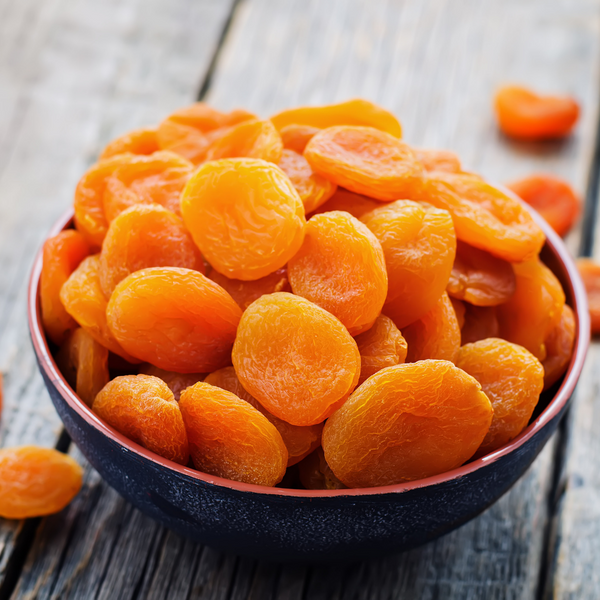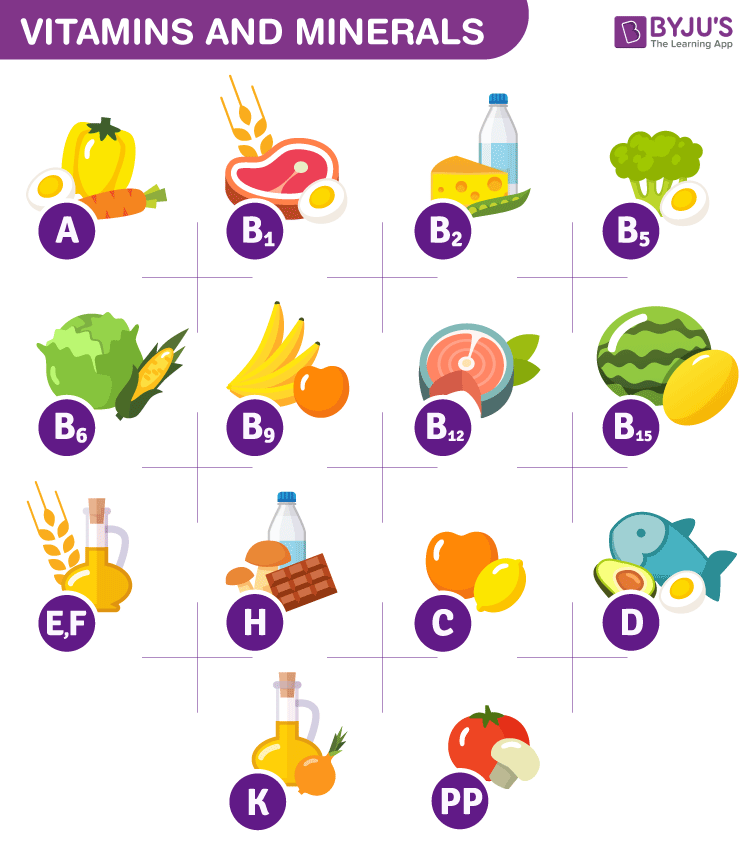
Basic knowledge
Apricots(Prunus Armeniaca) are a stone fruit that is also called Armenian plums. They look very similar to a peach and many are confused about which they are looking at but apricots are more orange in color and taste very different. They actually taste similar to a plum which is why they are often cross-bred with plums to provide better shelf life(See preparing apricots). They are often eaten dried as that concentrates their nutrition levels. It is also more convenient as they are easier to handle dried and make a good snack on the go.
Apricots are known for being very delicate. Only being grown in certain conditions and can get ruined by an early frost or even just strong wind. Some types of apricots can not even be transported as the ride will destroy the fruit. In fact in Egypt they have a saying "filmishmish" which translates to apricot season and is an expression similar to when pigs fly because apricots can never be grown in Egypt due to harsh climates that stop apricot growth. Despite this apricots are widely grown and can be found on every continent besides antarctica.

Apricot's nutritional value
Apricots are known for their health benefits, the fruit having various vitamins and antioxidants. It is a good source of Vitamin E, Potassium, Vitamin C, beta carotene, lutein, and zeaxanthin. Apricots are well known for their excellent quantity of Vitamin A. Like most fruits it is good to eat the fruit unpeeled as the skin provides a lot of fiber and other nutrients. The seed of the fruit, which is often referred to as the kernel, is actually poisonous. The seed contains an unsafe amount of a chemical called amygdalin which is then converted by our bodies into cyanide. Which is a toxic chemical that causes seizures and even death.